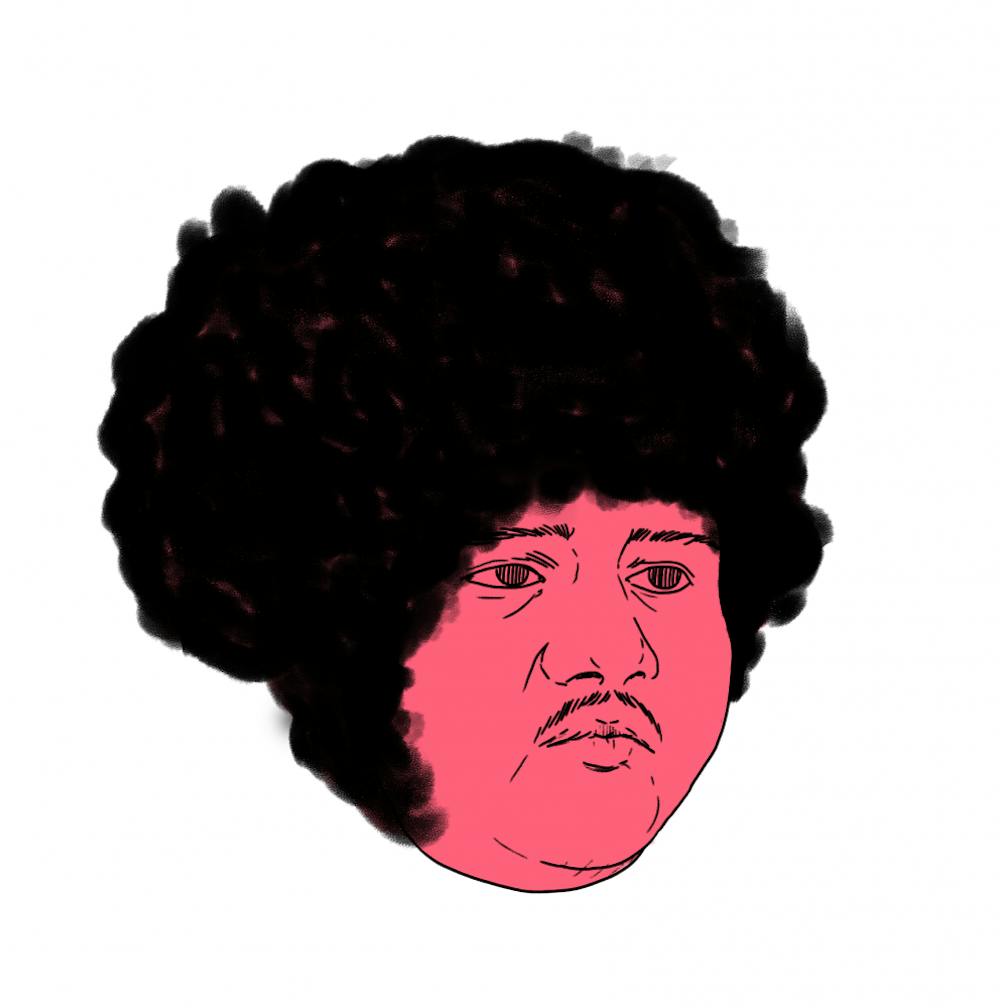If I were to ask you to name an album that has been sampled multiple times by A Tribe Called Quest, The Notorious B.I.G., and Ghostface Killah, covered by John Legend and The Roots, and produced by the legendary Curtis Mayfield, your instinct might be to name musical titans such as the likes of James Brown or The Isley Brothers. The record in question, however, is The Baby Huey Story: The Living Legend and is the only record that James “Baby Huey” Ramey ever released, albeit posthumously—one of the first records of its kind.
Kendrick Lamar’s 2015 masterpiece To Pimp a Butterfly has brought significant attention towards George Clinton’s Parliament–Funkadelic as early hip–hop royalty, but Baby Huey’s 1971 release has been largely forgotten, despite the fact that it almost certainly influenced Clinton’s act and is arguably better produced than many P–Funk records. I would love to claim that I’ve been a long time fan of this album, but I actually discovered this album as an avid Anthony Fantano fan; alongside Dr. Dre’s The Chronic, it occupies a semi–permanent place on the shelf behind his head (bottom right for those who are interested).
Weighing in at somewhere near 350 pounds due to a glandular problem and sporting an enormous afro, Baby Huey, named after the Paramount Pictures cartoon duck, was an absolutely incredible sight to behold singing live. He was the frontman for The Babysitters, who came up in the Chicago scene in the late '60s, first as a meat and potatoes soul group, but eventually changing to a psychedelic rock act, following the lead of Sly and the Family Stone. It was this shift in styles which really allowed Baby Huey to come into his own as a singer and showcase his genuinely immense talent. Some have compared his voice to the legendary Otis Redding’s, but I really feel like he adds his own dimension. Huey is equal parts soulful, biting and sweet, yet totally unbridled, often bordering on a spastic, out of body scream. Take the first track on the album “Listen To Me,” where Huey demands the attention of the listener as his voice rises above the frantic horn section—he grunts and yells his way into your heart, and you can’t help but stamp your way through what can only be described as an anthem. Eric B. & Rakim’s “Follow the Leader” and Grandmaster Flash’s “Gold” were the first and absolutely not the last to sample this opener.
Curtis Mayfield, however, was the first big name to take notice of his obvious talents, signing him but not his band members, to a record deal in Chicago. He wrote and arranged him three songs; “Mighty Mighty,” “Hard Times,” and “Running,” upon all of which Huey put his original spin. “Mighty Mighty”’s departure from the Curtis Mayfield original is particularly indicative of Huey’s indelible impact on hip–hop. Instead of choosing to carry the melody as Mayfield does in his version, Huey raps about his own upbringing, including the food he loved to eat and his favorite drink, the cheap but strong Thunderbird. While the subject matter wasn’t necessarily a departure from the norm, the delivery style in its R&B context was certainly very original. Thunderbird reappears on the most famous track of the album, “Hard Times,” which has been sampled by The Notorious B.I.G. and Ice Cube before him to great success. “Running,” is perhaps the most psychedelic song on the record and is the best glimpse of what this band may have been like live, with its atmospheric guitar solos and frantic instrumentation.
The Babysitters themselves, despite their exclusion from the Curtis Mayfield record deal, were a worthy set of musicians to back up Huey’s raw talent. The album has three instrumentals; a wordless cover of “California Dreamin'," “Mama Get Yourself Together,” and the Ramey–written “One Dragon, Two Dragon.” All of them are fantastic, with the drumming especially standing out on all of these and throughout the record as a whole, in fact. It is airy and towering, dare I say, Bonham–like in its presence.
Though his self–deprecating stage name and demeanor may hint otherwise, Huey was apparently a deeply troubled and sensitive man. "Hard Times," the lead track, takes on a whole new meaning when one realizes just how frank and honest the lyrics are. Due to his weight, he developed many insecurities which apparently drove him to heroin and heavy drinking. One of his closest friends recollects a now infamous story of Ramey’s drug kit falling into a cereal bowl after being hidden in a box in the kitchen. We get the clearest glimpse of this anguish, however, on the extraordinary cover of Sam Cooke’s “A Change is Gonna Come.” This version lasts nine minutes, and each member of the Babysitters competes for attention with their instrument. The arrangement is huge and actually manages to achieve a more commanding sound than the original. However, where the original is often associated with the civil rights movement and has deeply political associations, this cover seems deeply personal. This is exemplified around the six minute mark where Huey slows the song down to detail his own troubles throughout his life. A stream of consciousness follows where, in some detail, he walks the listener through various events from his past and his experience of growing up different.
It is deeply moving and all the more powerful when one realizes that a change never did come for James Ramey, who died of a heart attack at only 26 years of age. He never got to see the fruits of his work in the studio and the album was released shortly after his death. What he left behind was a single album, which, in all honesty, does seem incomplete. It is an astonishing record nonetheless, which both showcases his immense talent and unrealized potential as a soul legend.







